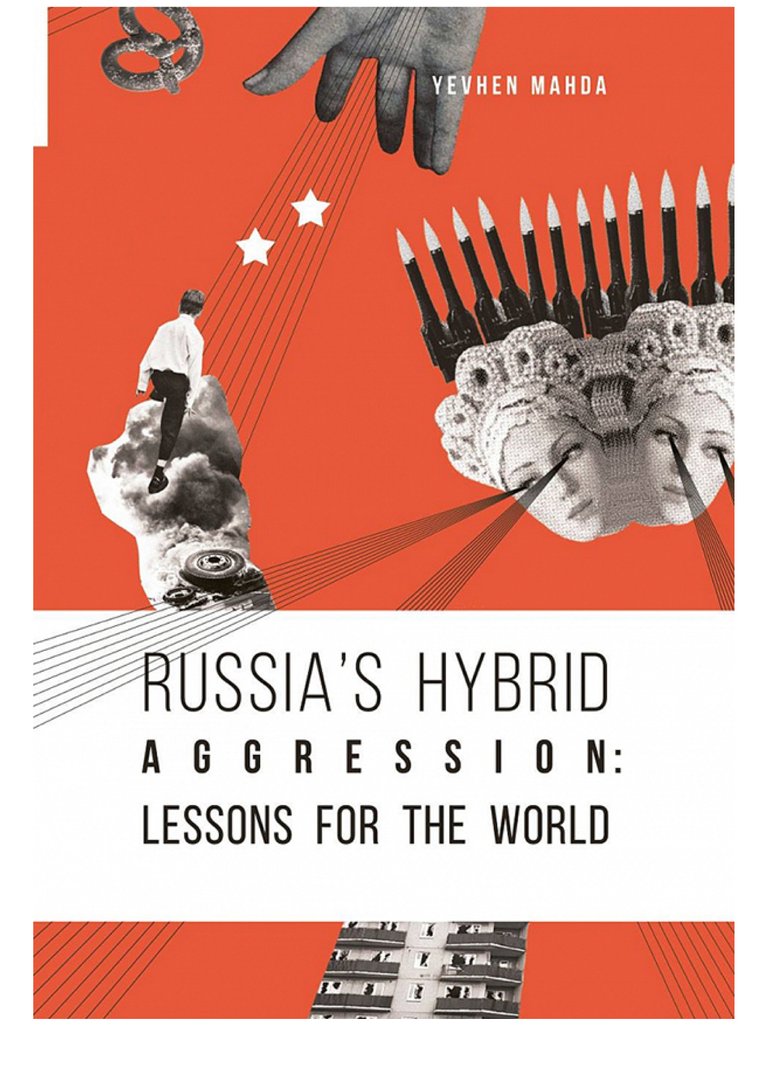Russian specialists and their followers tend not to recognize the participation of the Russian Federation in the hybrid aggression anywhere in the post-Soviet space. They prefer to divert the discussion with underhandedness and behind the most specious, pseudo-scientific motives. If we analyze the arguments for the voiced criticisms of the terms and concepts of a hybrid war, it comes down to four main arguments:
- The term is not new and is already far away from its original meaning, and requires the description of the types of threats that cannot be eliminated with the help of the army.
- The concept of a hybrid war does not correspond to the Russian concept of war, and those who think this way are probably using insufficient Russian-language sources.
- The views of Valery Gerasimov24 are based on the intellectual heritage of its predecessor team, headed by the Chief of the Russian General Staff Nikolai Makarov (2008-2012). Moreover, it is just a reaction to the achievements of Western military thought. The non-military components of pressure are still on military power. And it is very well demonstrated by the intense, albeit relatively short-lived fighting in Debal'cevomu, the Donetsk airport, and Ilovaisk with the use of artillery, drones and electronics.
In Ukraine, the Russian implemented hybrid war caused the loss of many lives and health. According to UN estimates, at least 10,000 people 25 have been affected. The victim can also mean to include the entire Ukrainian people who are assaulted with daily streams of fake news and misinformation. Meanwhile in the rest of the world, the Kremlin is using a strategy of hybrid aggression which is the indirect impact on the situation in nations and international alliances. It would be naive to believe that Putin and his entourage aim to only achieve the subordination of Ukraine. Its foreign policy goals are much bigger. By analyzing the performance of Vladimir Putin, Western analysts have concluded that Russia has invented a way to achieve its objectives while at the same time avoiding an open armed confrontation with the West. The Kremlin was able to show itself as a good student, capable to “creatively modify” its approach using “soft power,” as described by Joseph Nye.
Credit book 📚 - 
Russia’s Hybrid Aggression. Lessons for the World.